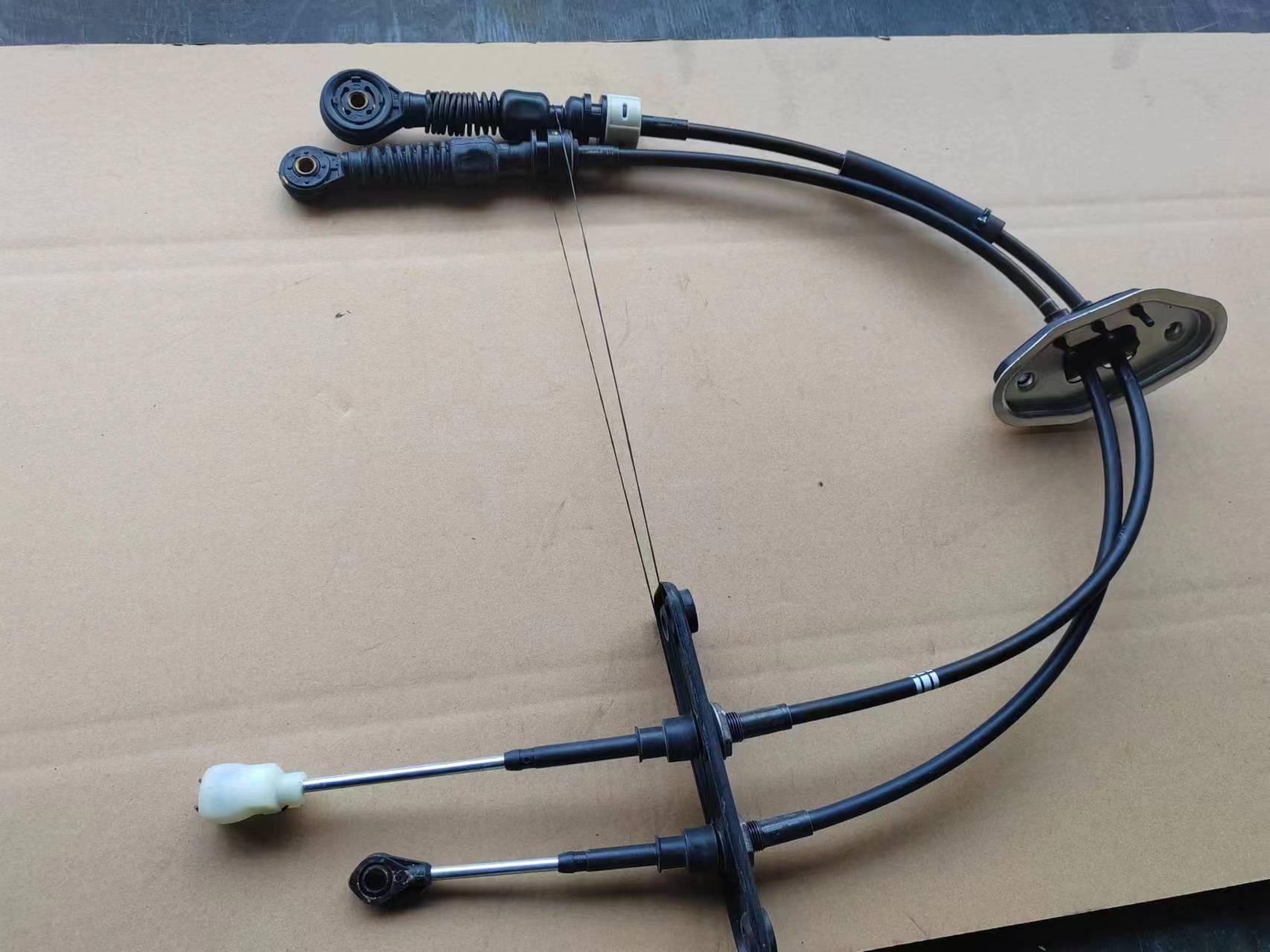Understanding the Functionality of Hydraulic Clutch Hoses in Automotive Systems
Understanding Hydraulic Clutch Hoses Essential Components of Modern Vehicles
In the modern automotive landscape, a myriad of components work in harmony to ensure a vehicle operates smoothly and efficiently. One such crucial component is the hydraulic clutch hose. This seemingly simple part plays a vital role in the functioning of a vehicle's clutch system, influencing performance, safety, and overall driving experience.
What is a Hydraulic Clutch Hose?
The hydraulic clutch hose is a flexible tube that connects the clutch master cylinder to the clutch slave cylinder in a vehicle’s hydraulic clutch system. This hose is responsible for transferring hydraulic fluid—typically brake fluid—between these two components, facilitating the operation of the clutch. When the driver presses the clutch pedal, it activates the master cylinder, which generates pressure that travels through the hydraulic hose to the slave cylinder, disengaging the clutch and allowing the driver to change gears smoothly.
Importance of Hydraulic Clutch Hoses
Hydraulic clutch hoses are integral to a vehicle’s operation for several reasons
1. Efficiency The hydraulic clutch system allows for a lighter clutch pedal feel compared to traditional mechanical linkages. This is due to the way hydraulic systems amplify force. A well-maintained hydraulic clutch hose ensures that the system operates efficiently, providing a better driving experience.
2. Precision In manual transmission vehicles, smooth gear changes are vital. The hydraulic clutch hose contributes to the precision of these changes by offering consistent pressure. Any leaks or damage in the hose can lead to a loss of pressure and result in difficulty in disengaging the clutch.
3. Safety A malfunctioning hydraulic clutch hose can lead to critical issues, including the inability to disengage the clutch, potentially causing accidents. Regular inspection and timely replacement of worn-out hoses are essential for maintaining vehicle safety.
Materials and Construction
hydraulic clutch hose

Hydraulic clutch hoses are typically made of durable materials designed to withstand high pressure and temperature fluctuations. Common materials include rubber reinforced with braided steel or nylon, which provides flexibility and resilience. Over time, however, these hoses can suffer from wear and tear due to exposure to heat, oil, and other environmental factors. This makes regular inspection critical to ensure they remain in good working condition.
Signs of a Failing Hydraulic Clutch Hose
Recognizing the signs of a failing hydraulic clutch hose can save drivers from unexpected breakdowns. Some common indicators include
- Fluid Leaks If you notice fluid pooling near the clutch pedal or along the hose itself, this could signify a leak that requires immediate attention. - Soft or Spongy Clutch Pedal A pedal that feels unusually soft or requires more effort to engage may indicate a problem with the hydraulic system, potentially stemming from a faulty hose. - Difficulty in Changing Gears If the vehicle experiences grinding or difficulty in shifting gears, it may be time to inspect the hydraulic clutch system for any issues, including the hose.
Maintenance and Replacement
Maintaining the hydraulic clutch hose involves regular inspections, especially during routine vehicle maintenance. Look for any signs of wear, including cracks, fraying, or discoloration. Most manufacturers recommend replacing the hydraulic clutch hose every few years, depending on the vehicle and driving conditions.
In some cases, if a hose is found to be leaking or damaged, immediate replacement is necessary to prevent further damage to the hydraulic system. Choosing high-quality replacement hoses from reputable manufacturers ensures reliability and performance.
Conclusion
In conclusion, the hydraulic clutch hose is a crucial component of a vehicle's clutch system, directly impacting performance, safety, and the driving experience. Awareness of its significance, routine inspection, and understanding the signs of wear can help vehicle owners maintain their cars effectively. Proper care of the hydraulic clutch hose not only enhances driving pleasure but also ensures the longevity of the vehicle's transmission system, making it an essential part of modern automotive maintenance.
-
Workings of Clutch Pipe and Hose SystemsNewsJun.04,2025
-
The Inner Workings of Hand Brake Cable SystemsNewsJun.04,2025
-
The Secrets of Throttle and Accelerator CablesNewsJun.04,2025
-
The Hidden Lifeline of Your Transmission Gear Shift CablesNewsJun.04,2025
-
Demystifying Gear Cables and Shift LinkagesNewsJun.04,2025
-
Decoding Clutch Line Systems A Comprehensive GuideNewsJun.04,2025
